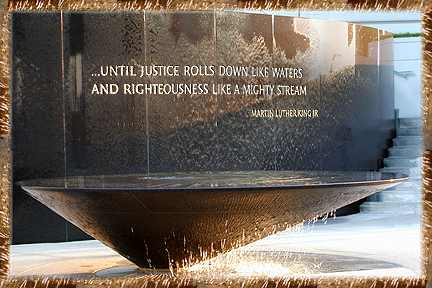Dear Genghis Khan,
I am pleased to inform you that, while you raised relatively weak sons, who were alcoholics and self centered, your daughter in law has come through and raised four diligent sons who will make great rulers. Mongke, Arik Boke, Khubilai and Hulegu will all follow in your foot steps as great and powerful khans, they will expand their empires, follow their mother's and your teachings and mark another high point in the Mongol Empire. While their empire did have flaws, it is an amazing story I'll tell you of how they got in such a powerful position. Much of it was due to your daughter in law, widow of your youngest son Tolui, Sorkhokhtani; whose lifelong struggle enabled your grandsons to prosper as they did. Sorkhokhtani was one of the most, if not the most influential woman of the 13th century. She stayed quietly on the sidelines and waited for the opportune moment to launch her sons into power. First she refused to marry your successors' son, Guyuk, saying that her sons needed her at home. She did this so Ogodei and his son would not have control over her section of the empire, so that she could preserve it for her own sons. While Jochi's son, Batu was campaigning in Eastern Europe and other Mongols in China, Sorkhokhtani was training her sons to be fit rulers. She warned Batu about Guyuk's planned surprise attack against him and then when Guyuk died shortly after, she called an election of the next Great Khan in the Mongol homeland. Batu was too far away to reach the election and the unpopularity of Guyuk's short rule would guarantee the election of her son Mongke to Great Khan. This wise and patient Queen was one of the most determined and important women of her time and her actions and determination directly affected most of the world and your great Mongol empire. The best description of her accomplishments came from the writer Bar Hebraeus who wrote that "if I were to see among the race of women another woman like this, I should say that the race of women was far superior to men"(168).
El Fin
16 years ago



No comments:
Post a Comment